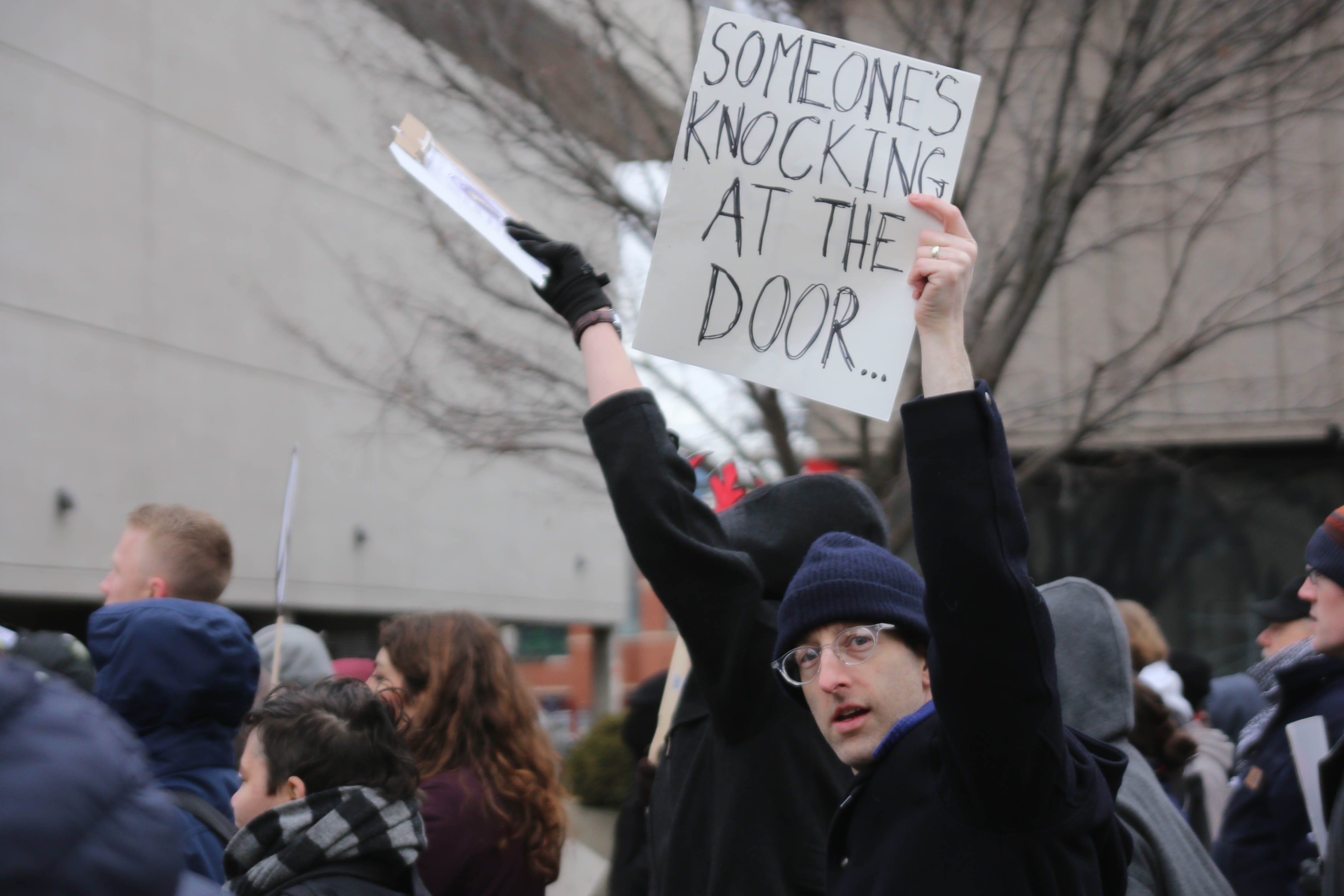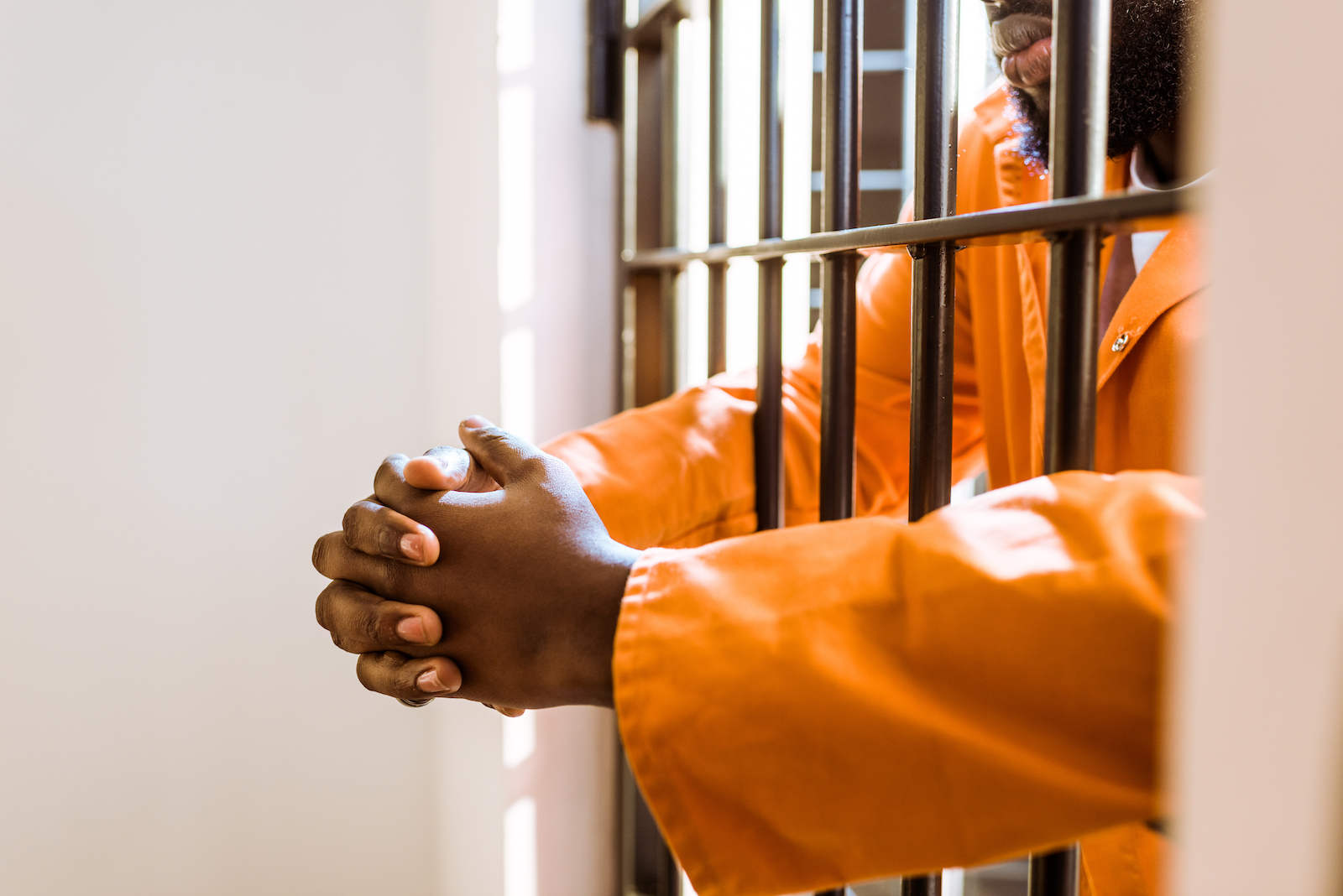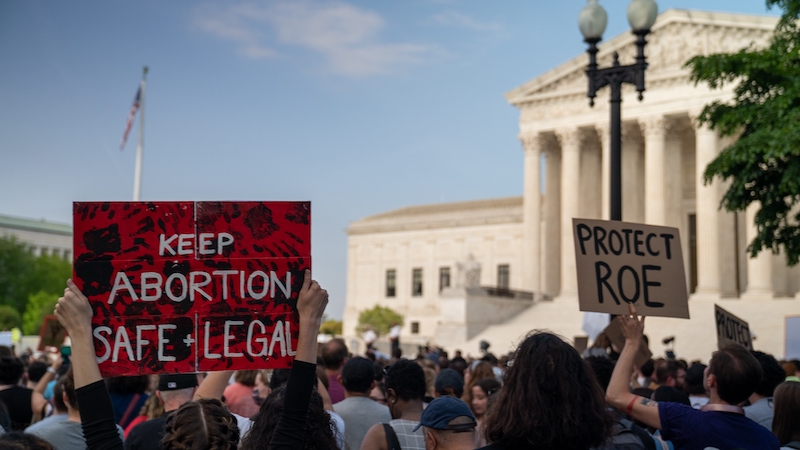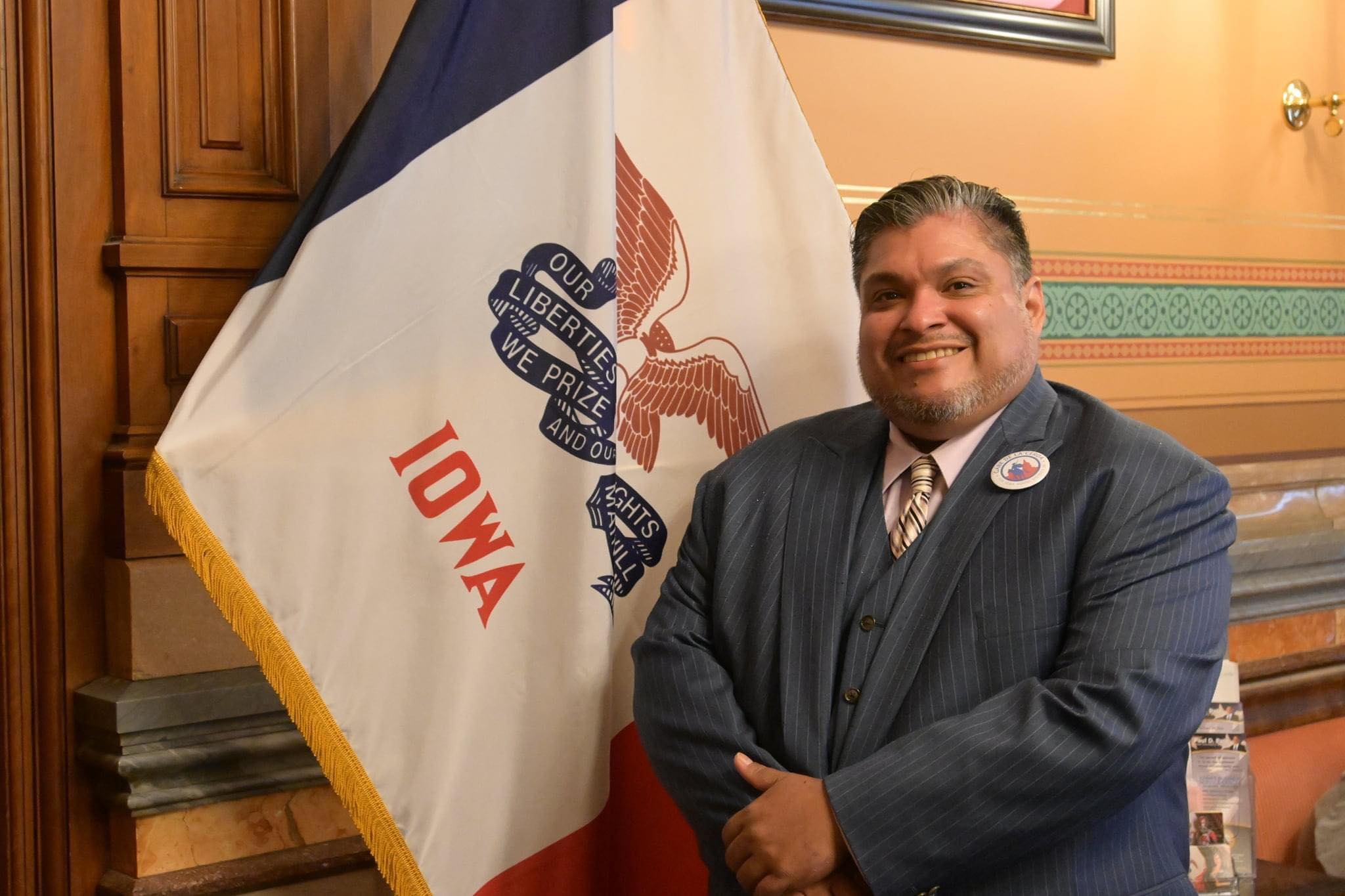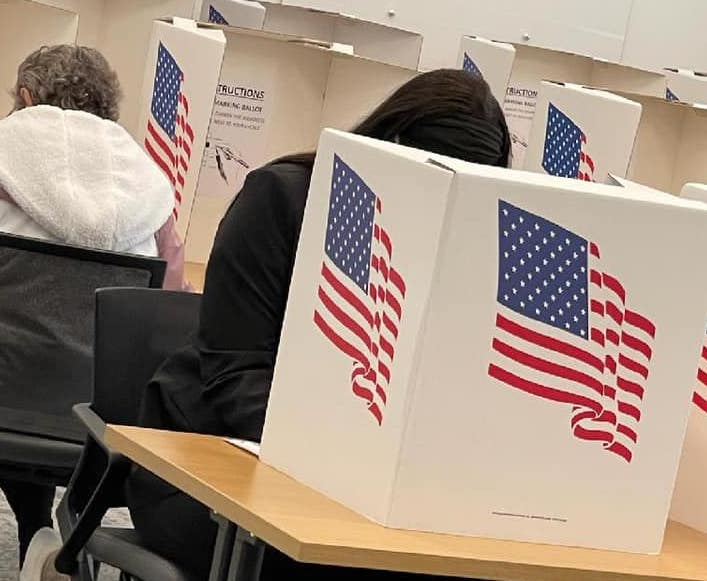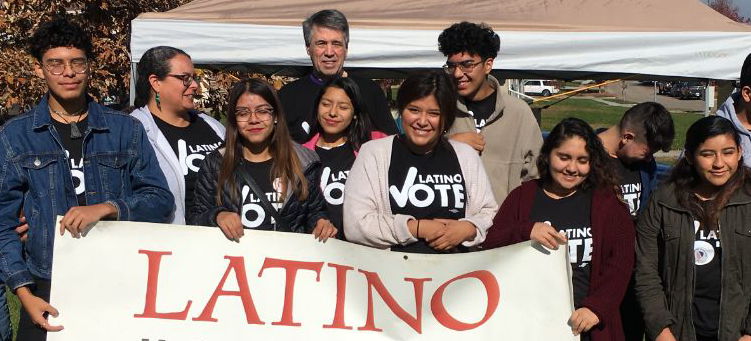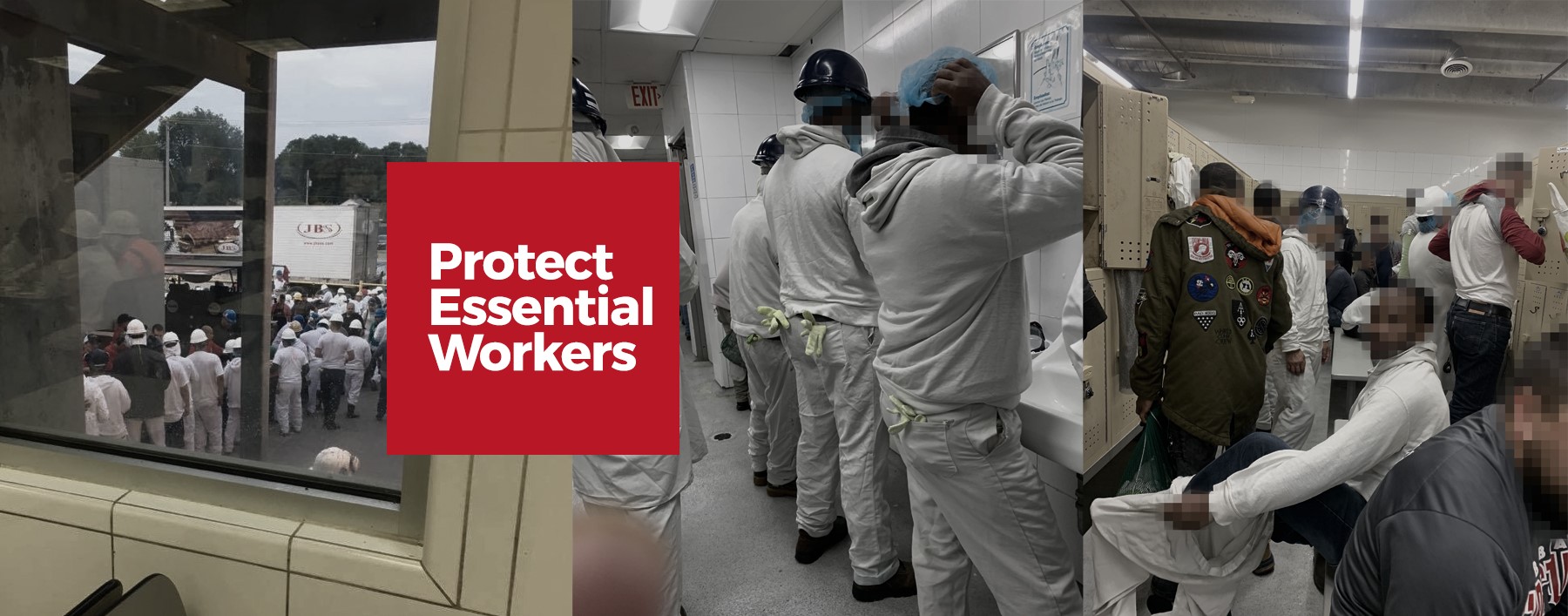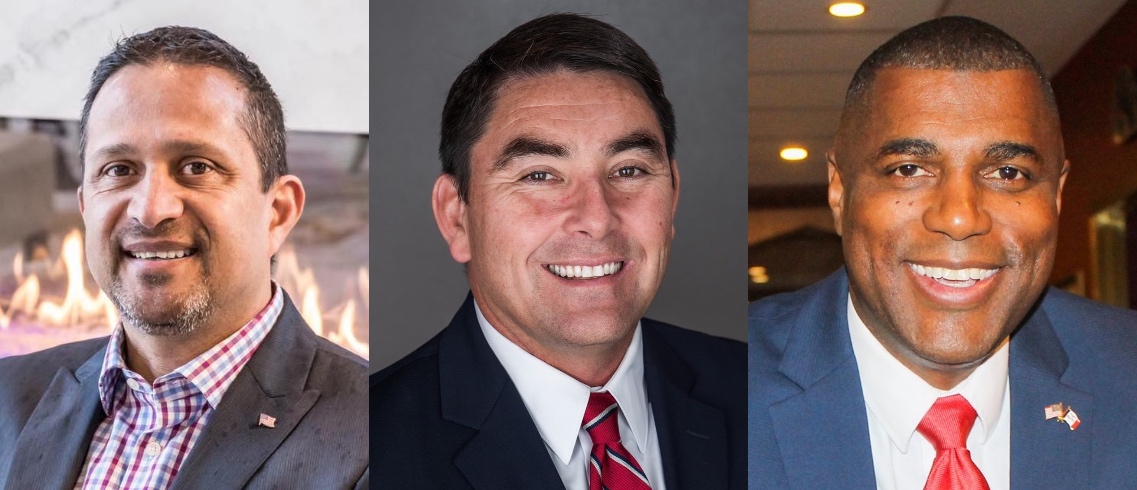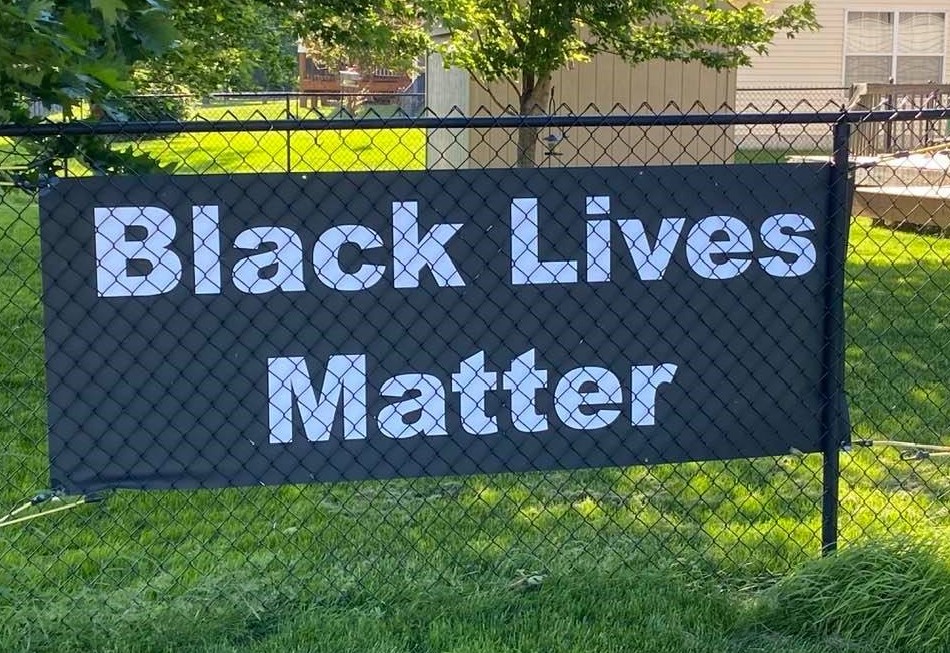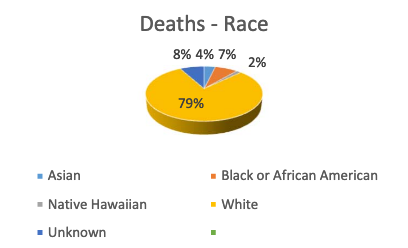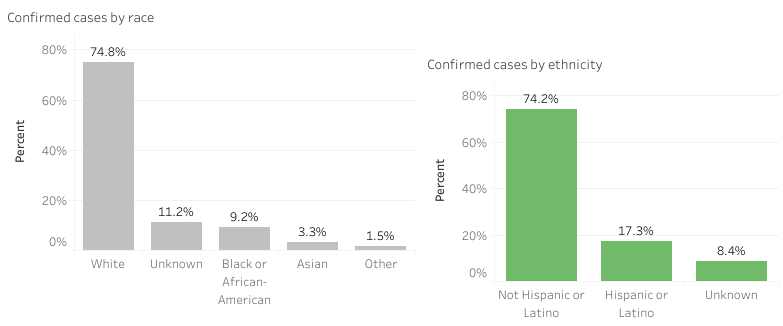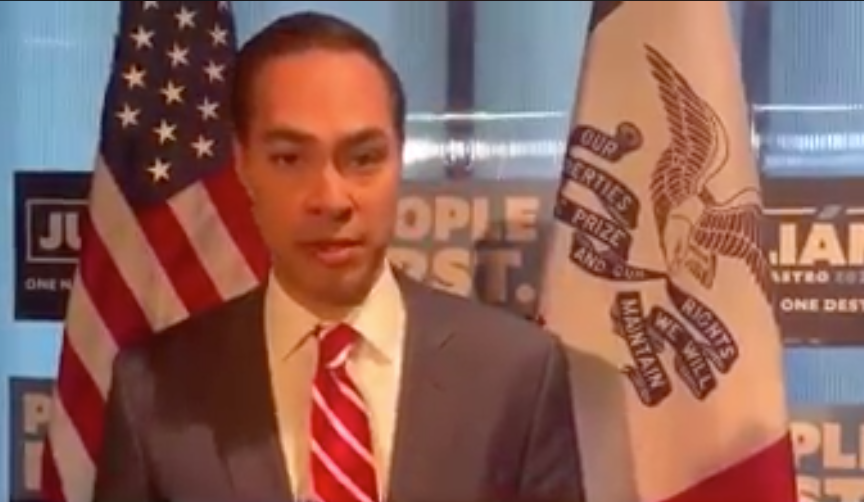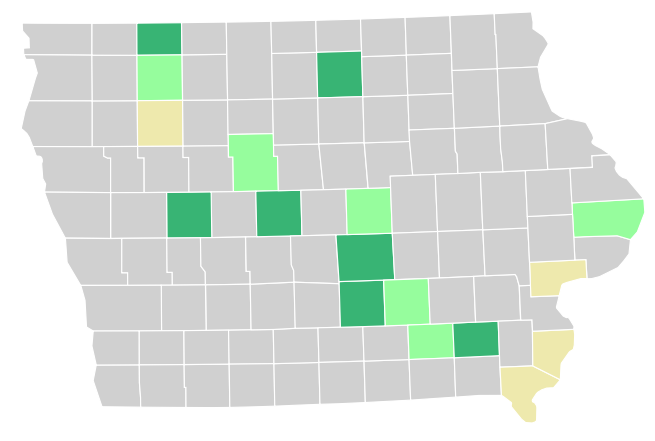Gerald Ott of Ankeny was a high school English teacher and for 30 years a school improvement consultant for the Iowa State Education Association.
Twenty-three years ago, in the months just before 9/11, the National Issues Forums asked me to work on a “discussion guide” on the topic of immigration. The assignment required me to ask people in Iowa how they felt about immigration and what, if anything, should be done.
My small team and I found the issue was “hot” among Iowans, especially among working-class people—particularly former packing house workers who had lost their jobs and saw their wages cut by a sleight-of-hand when plants changed ownership and de-unionized the workforce. The void, some said, was filled by migrants.
We found some business people welcomed new arrivals as needed for jobs that were unfilled by the local, native population. Descendants of Iowans who originally came to the U.S. to receive a homestead were open to immigration, especially from European countries—much less so of peoples from Latin American or Asian countries. The guide was meant to offer a policy alternative for ordinary Americans to consider in weighing the costs and consequences of the nation’s immigration policies.
Continue Reading...
